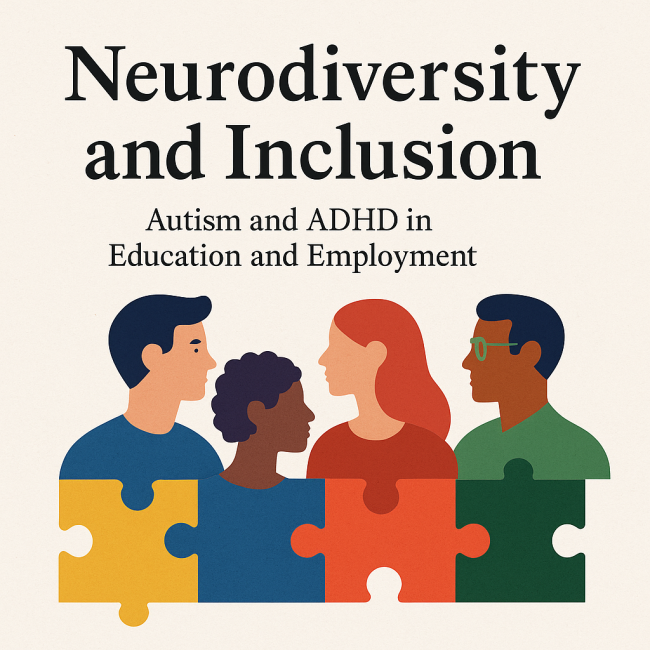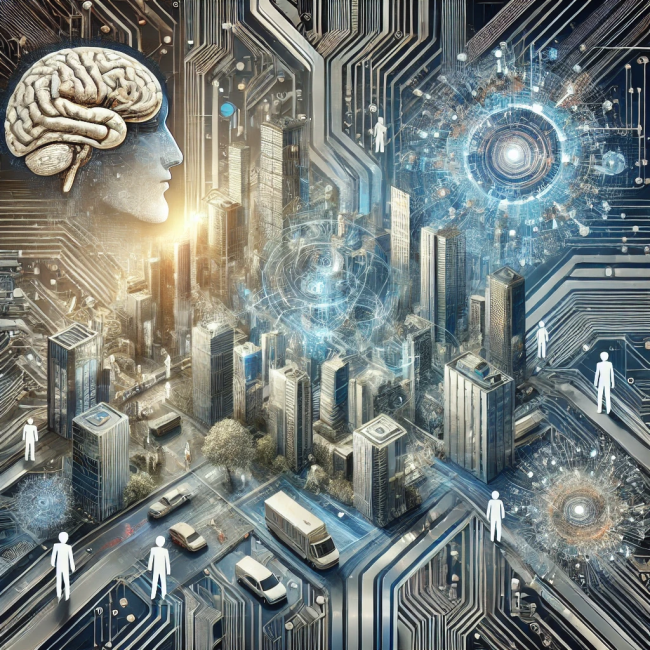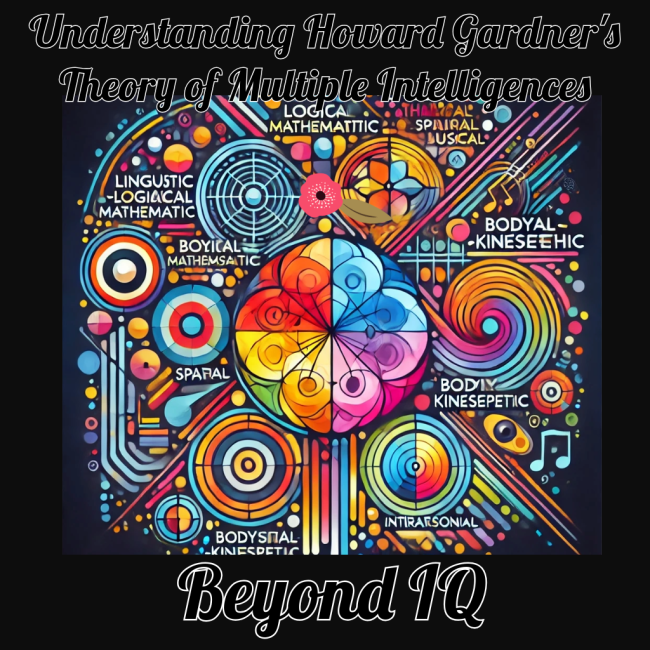Psychological Modules in Chronic Disease Management
Across the world, chronic disease programs are increasingly adopting the embedded psychologist model—integrating clinical psychologists directly into medical teams managing diabetes, cardiovascular conditions, and oncology care. This integrated structure strengthens decision-making and ensures that behavioral determinants of health are systematically addressed. Core clinical responsibilities include: 1. Depression & Anxiety Screening Routine use of validated instruments such as PHQ-9, GAD-7,…



